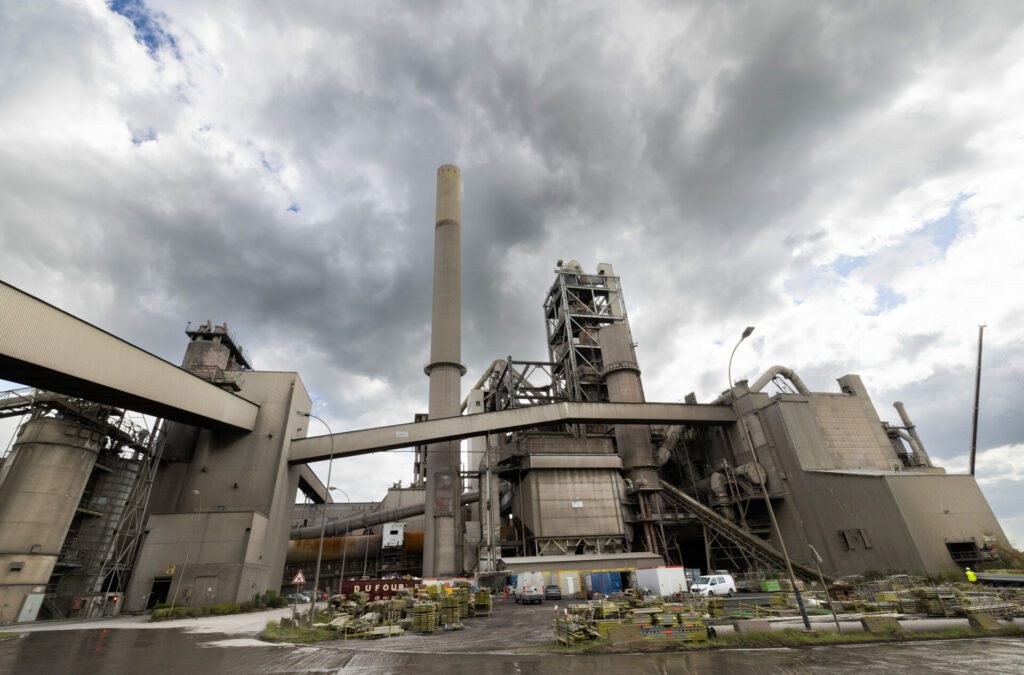A memorandum of understanding (MoU) to facilitate CO2 transport and storage between Belgium and Norway was signed in Brussels on Monday.
The agreement was announced on Tuesday by the Federal Minister of the North Sea, Paul Van Tigchelt, alongside the Flemish and Walloon Energy Ministers. The Norwegian seabed offers substantial CO2 storage capacity, with the MoU defining practical terms for CO2 transport (via a pipeline) and storage between the two countries.
Ministers highlighted the "tremendous" potential for carbon capture and storage (CCS) as a key tool in achieving climate neutrality and reducing global warming. The strategy involves transporting captured carbon to suitable and permanent storage sites such as deep underground formations or depleted oil and gas fields.
"Many Belgian and Norwegian businesses have shown interest in CCS technology and are prepared to invest in it. Norway’s seabed, in particular, has a large CO2 storage capacity," confirmed the joint statement. Reference was made to the CO2 Highway Europe project, a collaboration between Fluxys and Equinor, to construct a CO2 pipeline offshore between Zeebrugge, Belgium, and Norwegian CO2 storage sites.
Related News
- Carbon Capture and Storage: The COP28 buzzword but how does it work?
- Putting Belgian CO2 in the ground: Project Greensand launches
The MoU further allows Belgian businesses to co-invest in the Northern Lights pilot project to demonstrate the technical feasibility of CCS in underwater reservoirs in the North Sea.
Similar agreements have been previously established with the Netherlands and Denmark in 2023 and 2022, respectively. This latest MoU with Norway endorses the growing European commitment to tackling climate change through CCS solutions.

